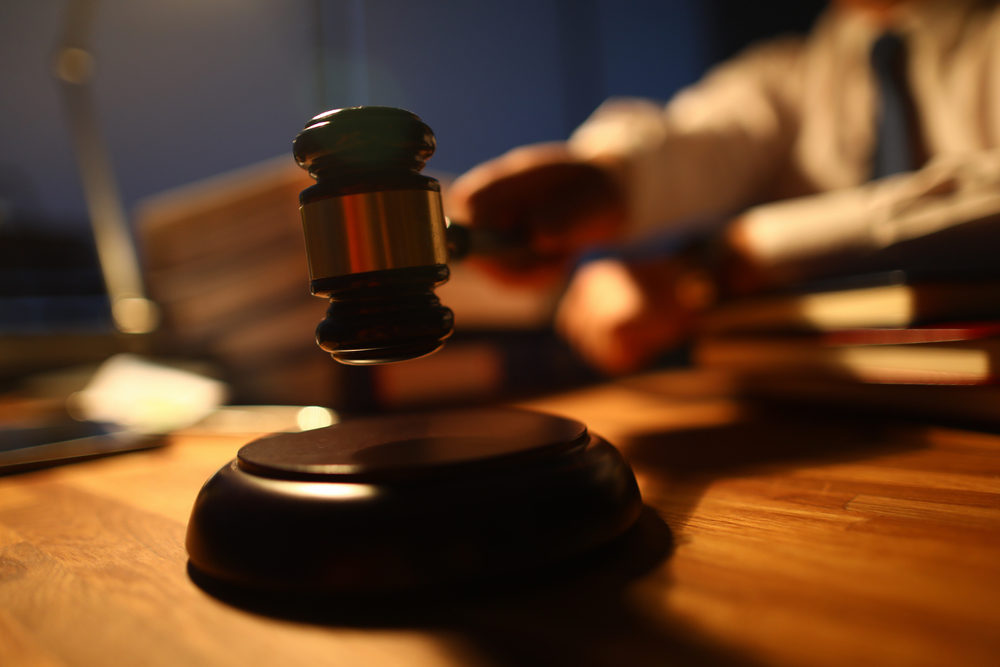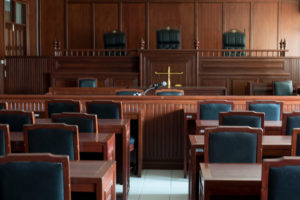
In great news, last week, a California Court of Appeals held in Bolger v. Amazon.com, Inc., that, under California law, Amazon can be held strictly liable for dangerously defective products sold by third parties on Amazon.com and “Fulfilled by Amazon.” This decision means that Amazon will be treated just like any other distributor or retailer for purposes of strict tort liability even though it does not technically take title to the products it stores and ships for third-party sellers—sales that are “Fulfilled by Amazon.” In other words, its attempt to gerrymander its business model around longstanding tort law was unsuccessful.
In effect, the ruling means that an enormous portion of the retail economy will now be properly subject to strict liability for dangerously defective products. Amazon is the largest retailer in the world and controls 45% of the U.S. e-commerce market. More than half of the products sold on its website are sold by third parties, and two-thirds of the largest third-party sellers on Amazon use “Fulfilled by Amazon.”
The upshot is twofold. First, Amazon will (hopefully) be forced to take some measures to ensure that what is sold on its site is minimally safe. Recent investigations have shown that Amazon is flooded with defective, dangerous, counterfeit, substandard, and flat-out illegal products, putting all of us who order from Amazon at risk. It’s a huge problem, and hopefully, this is part of the solution.
Second, consumers who are victims of dangerously defective products will have some remedy available. Those same third-party sellers flooding the Amazon marketplace with dangerous products are frequently judgment-proof. Amazon allows them to sell products under made-up names, and they are often fly-by-night or foreign entities who can’t be found, served, and/or collected from—39% of third-party sellers, including the one at issue in this case, are based in China. Without being able to get a remedy from Amazon, victims—who have been burned, blinded, and left homeless by malfunctioning Amazon purchases—are left uncompensated. Meanwhile, Jeff Bezos is the richest person in the world, and his fortune is only increasing during the current pandemic.
In our amicus brief, Public Justice joined Consumer Attorneys of California in arguing that the rationale behind strict tort liability militates strongly in favor of strict liability in this case, and that failing to hold Amazon liable would put it at an unfair advantage in the marketplace and be downright dangerous for consumers.
The court’s ruling is especially meaningful in the case, which involves a serious injury and judgment-proof third parties. Here, plaintiff Angela Bolger had purchased a laptop battery on Amazon’s website. It was “sold by E-Life” (a made-up name) and “Fulfilled by Amazon.” Ms. Bolger paid Amazon, and the battery was shipped via free two-day Prime shipping from an Amazon warehouse in Amazon packaging. Not long after the purchase, the battery exploded while Ms. Bolger was holding her computer on her lap. She suffered serious burns, and spent weeks in the hospital. Ms. Bolger tried to seek a remedy from the sellers and manufacturers behind “E-Life,” but they either failed to appear or couldn’t be served in the U.S. Amazon is her only chance to get any remedy at all.
Ideally, the well-reasoned decision here will help persuade other courts considering the same issue to rule the same way. The rulings up to this point have been mixed, but, thanks to Amazon’s removal strategy, this question of state law has largely been litigated in federal court, meaning that none of those decisions are authoritative on the underlying state-law question. Currently, the question whether Amazon is strictly liable for products sold by third parties on its site is pending in a number of other places, including before the Ohio Supreme Court in Stiner v. Amazon.com, Inc., before the Pennsylvania Supreme Court on a certified question from the en banc Third Circuit in Oberdorf v. Amazon.com, Inc., and before the Fifth Circuit under Texas law in McMillan v. Amazon.com, Inc. The Bolger decision is not only important because California is such a large consumer market, but also because it hopefully sets the tone for what is to come.

















Comments for this article are closed.